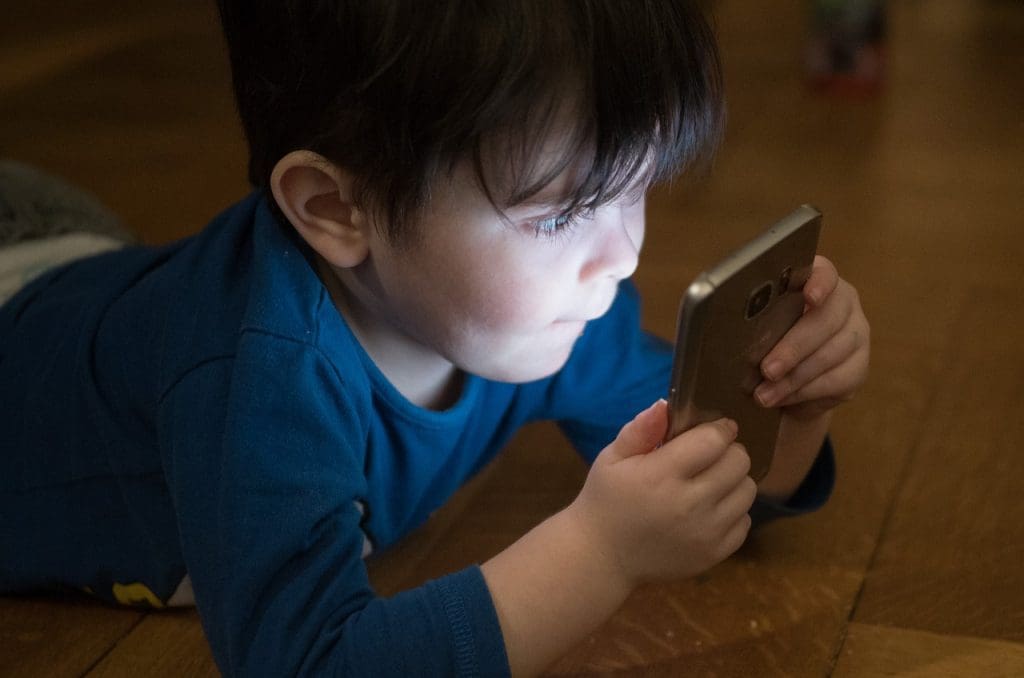Sleep is incredibly important for children. It plays a critical role in their health and well-being. Most parents are aware of the fact that their kids need more sleep than they do. Therefore they focus on building up healthy sleep habits by supplementing their diet with melatonin gummies for kids. Many parents don’t know how many hours of sleep their child needs and how important sleep is for their physical and mental health. Let’s first look into how important sleep is for their health and how many hours they need.
Table of Contents
How Important Is Sleep For Children?
Children require sleep to grow and be healthy. An adequate amount of good sleep is essential for them so that their body can repair itself. Sleep also protects children from getting exposed to diseases and illnesses by balancing the immune system. Children who don’t get enough sleep can have a harder time focusing and concentrating than others. Research has shown that the effects of poor sleep on children’s health are related to obesity, mood disorder, anxiety, and much more.
Healthy sleep habits
If you want your child to stay active throughout the day, you should ensure that they get a sufficient amount of sleep. Sleep not only improves your child’s memory, but it can also boost up their immune system. So, it is essential that you develop some sleeping habits in your child for a better and healthier lifestyle. Some sleep habits include:
Set up a daily sleep pattern
It is a good habit to follow a set routine before bedtime. It can help your children to sleep at ease and can also make them feel secure and comfortable. In your child’s bedtime routine, make sure to set up a specific time for reading, brushing, and any other activity that your child carries out before bed. This smooth bedtime pattern can also help your child to fall asleep faster. Set up a regime and follow it strictly, even at weekends or holidays. However, some relaxation at bedtime can be given during holidays, provided it doesn’t exceed a lot.
Keep your child engaged.
Keeping your child engaged and active throughout the day makes your child tired and exhausted at the end of the day. Design creative physical and mental activities for your child so that they enjoy the day to its fullest. The more worn out they get, the better will be their sleep quality. However, ensure that your child doesn’t get too tired, or he/she will have a hard time falling asleep.
Avoid too much screen time, especially before bed.

A lot of screen time can mess up your child’s sleep for good. Make sure you limit screen time so that your child’s sleep cannot be disturbed. Studies show that screen time right before bed could disturb the melatonin production in your child’s body, in turn disrupting sleeping habits and decreasing the quality of sleep.
Create a sleep-friendly environment
To enhance your child’s sleep quality:
- Create a safe and sleep-friendly environment in your child’s bedroom.
- Make sure that your child doesn’t feel scared.
- Install a mild night light as darkness is essential for melatonin production in your child.
A comfortable bed could also contribute to increasing the sleep quality of your child.
How many hours of sleep are essential for Kids?
Pediatricians and sleep experts suggest a pattern of sleep for children according to their ages and habits. However, these aren’t a set time limit. Your child’s sleep hours may vary depending on their lifestyle, health, habits, and nature.
Essential sleep hours needed for 3 to 5-year-olds

A child of age ranging from 3 to 5 years needs at least 10 hours of sleep. This may be broken into smaller chunks of naps during as well as a good night’s sleep. If your child is 3 to 5 years old is sleeping 13 hours, you shouldn’t be concerned as it is normal for some children to sleep more than average.
Essential sleep hours needed for 6 to 12-year-olds
Children above six years of age need a minimum of 9 hours of restorative sleep. This could also stretch to 12 hours of sleep, not just occasionally but regularly. A child who is an athlete may require more than the average sleeping hours. Even children who are engaged in mental activities sometimes sleep more. If your child is sleeping more during exams, don’t judge them negatively. They might be working hard at Studies, and their brains need the extra revitalization and rejuvenation.
Conclusion
The schedule mentioned above is for average children; however, if you feel that your child is still having sleep problems, you should consult your child’s pediatrician about developing a solution. Your pediatrician will make you maintain a sleep log to recognize the problem areas.
Featured Image by stine moe engelsrud from Pixabay




